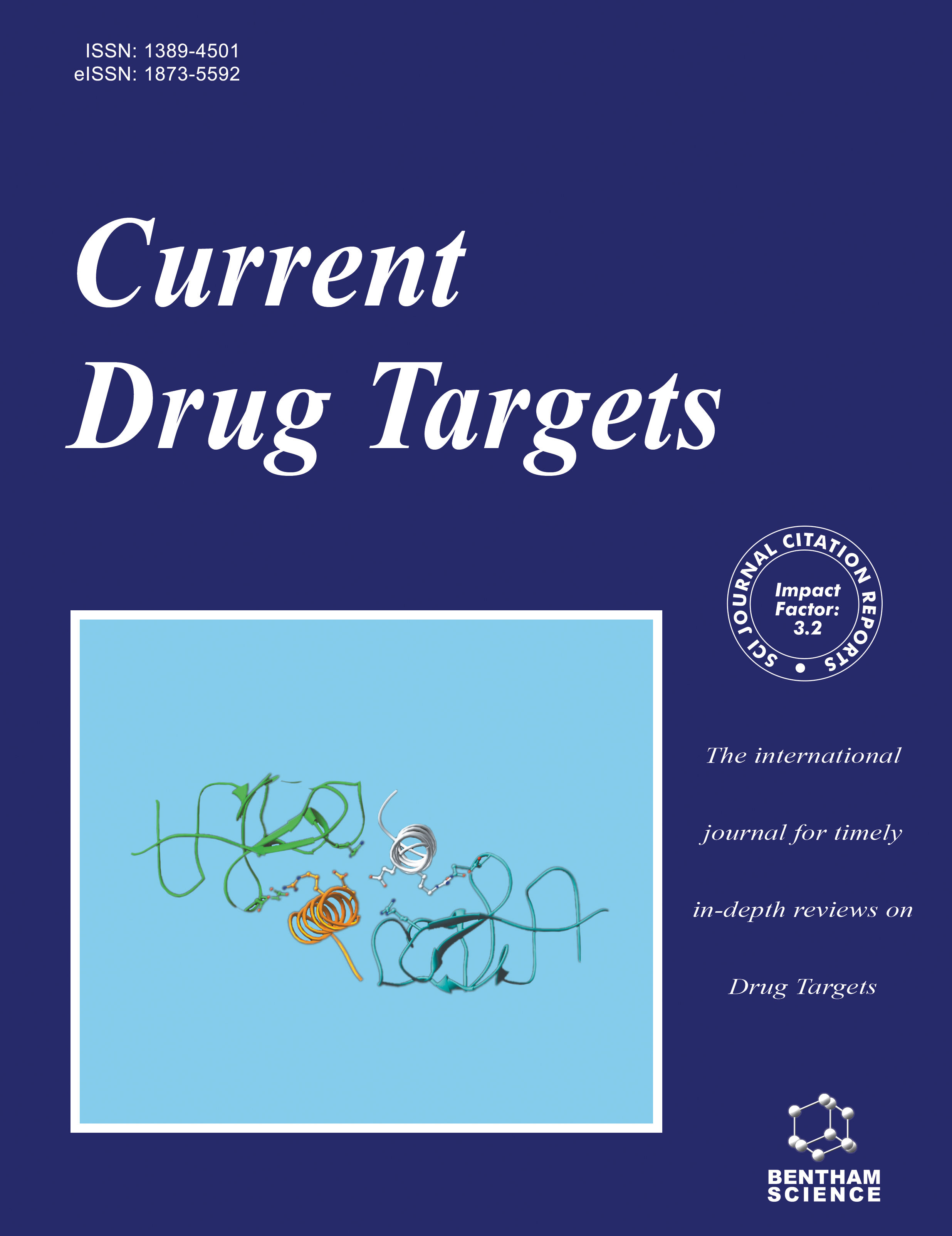
Full text loading...
Lipidomics, a cutting-edge branch of metabolomics provides a comprehensive understanding of the lipidome and its alterations in cellular and systemic processes. In Breast Cancer (BC), a highly heterogeneous disease, lipidomics has emerged as a pivotal tool for exploring metabolic reprogramming, tumor progression, and therapeutic resistance. This review highlights the intricate relationship between lipid metabolism and breast cancer, with a focus on subtype-specific lipid dependencies, oxidative stress, and ferroptosis. Technological advancements, such as mass spectrometry and chromatography, have enabled precise profiling of lipid alterations, revealing distinct lipid signatures across breast cancer subtypes. Key enzymes like acetyl-CoA carboxylase (ACC) and fatty acid synthase (FASN), along with lipid regulators like PPARγ, have been identified as central players in lipid-driven tumorigenesis. Lipidomic studies offer the potential for biomarker discovery and the development of lipid-targeted therapies. Despite challenges in standardization and integration with other omics approaches, lipidomics is poised to revolutionize breast cancer diagnostics and therapeutics, providing novel insights into the metabolic underpinnings of this complex disease.

Article metrics loading...

Full text loading...
References


Data & Media loading...

